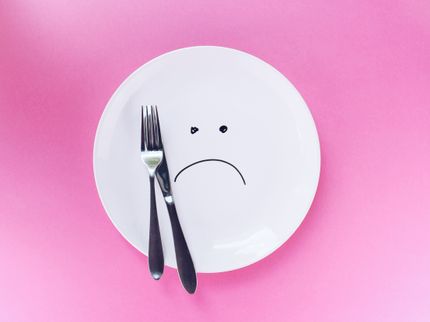Victory against fast food giants
German Environmental Aid forces McDonald's to offer mandatory reusable packaging
Advertisement
Deutsche Umwelthilfe (DUH) has achieved an important success in enforcing the reusable offer obligation for ready-to-eat food and drinks and has legally forced the fast food company McDonald's to offer consumers reusable food and drinks as required. Recent test visits by DUH revealed violations of the obligation to offer reusable food in 4 out of 10 branches examined in Berlin. Although McDonald's claims to have established its own reusable system for drinks and ice cream, the DUH test visitors did not receive the desired reusable cups in 4 of the company's branches.

Symbol image
computer generated picture
In order to prevent a repetition of future violations, DUH took action against McDonald's Deutschland LLC and a Berlin franchisee, demanding that they issue cease-and-desist declarations. Declarations to cease and desist were issued for the affected branches, whereby the infringements were admitted and a repetition is to be ruled out.
Barbara Metz, Federal Managing Director of DUH: "It is an indictment that we have to force a fast food giant like McDonald's to comply with the law. Ultimately, however, this confirms the environmentally harmful single-use strategy of the company, which advertises disposable cups as 'beautiful' in a campaign and supports a lawsuit against the Tübingen single-use packaging tax. McDonald's in France is already showing how reusable packaging can be used successfully. There, they consistently use reusable packaging for fries, salads and the like for on-site consumption. The fast food company is obviously only really protecting the environment when it is forced to do so by law. We are therefore calling on Environment Minister Steffi Lemke to introduce a nationwide levy of at least 20 cents on disposable tableware and a ban on disposable tableware for on-site consumption. That would be the most effective way to drastically reduce the annual McDonald's packaging waste mountain of more than 40,000 tons."
DUH also criticizes McDonald's for offering consumer-unfriendly individual reusable cups that can only be returned to the fast food company's branches. Participation in a cross-company and standardized reusable pool system for beverage cups and food boxes would be much better. The more major players participate in such a pool system, the more efficient and advantageous reusable solutions become.
Thomas Fischer, DUH Head of Circular Economy: "Every year, Germany produces 5.8 billion disposable cups and 4.5 billion disposable food boxes. The impact on the environment and climate is enormous. How can it be that, more than a year and a half after the reusable offer obligation came into force, we are seeing so many violations, especially at the market leader McDonald's? It should be a matter of course for the largest companies in the food service industry in particular to comply with the reusable offer obligation, as this is where most packaging waste is generated. However, the state authorities responsible for enforcement obviously carry out far too few checks. Heavy fines should be imposed for violations so that the reusable packaging obligation is taken seriously. As long as the state authorities do not consistently fulfill their task, we will continue to carry out tests and take legal action against violations."
Note: This article has been translated using a computer system without human intervention. LUMITOS offers these automatic translations to present a wider range of current news. Since this article has been translated with automatic translation, it is possible that it contains errors in vocabulary, syntax or grammar. The original article in German can be found here.



























































